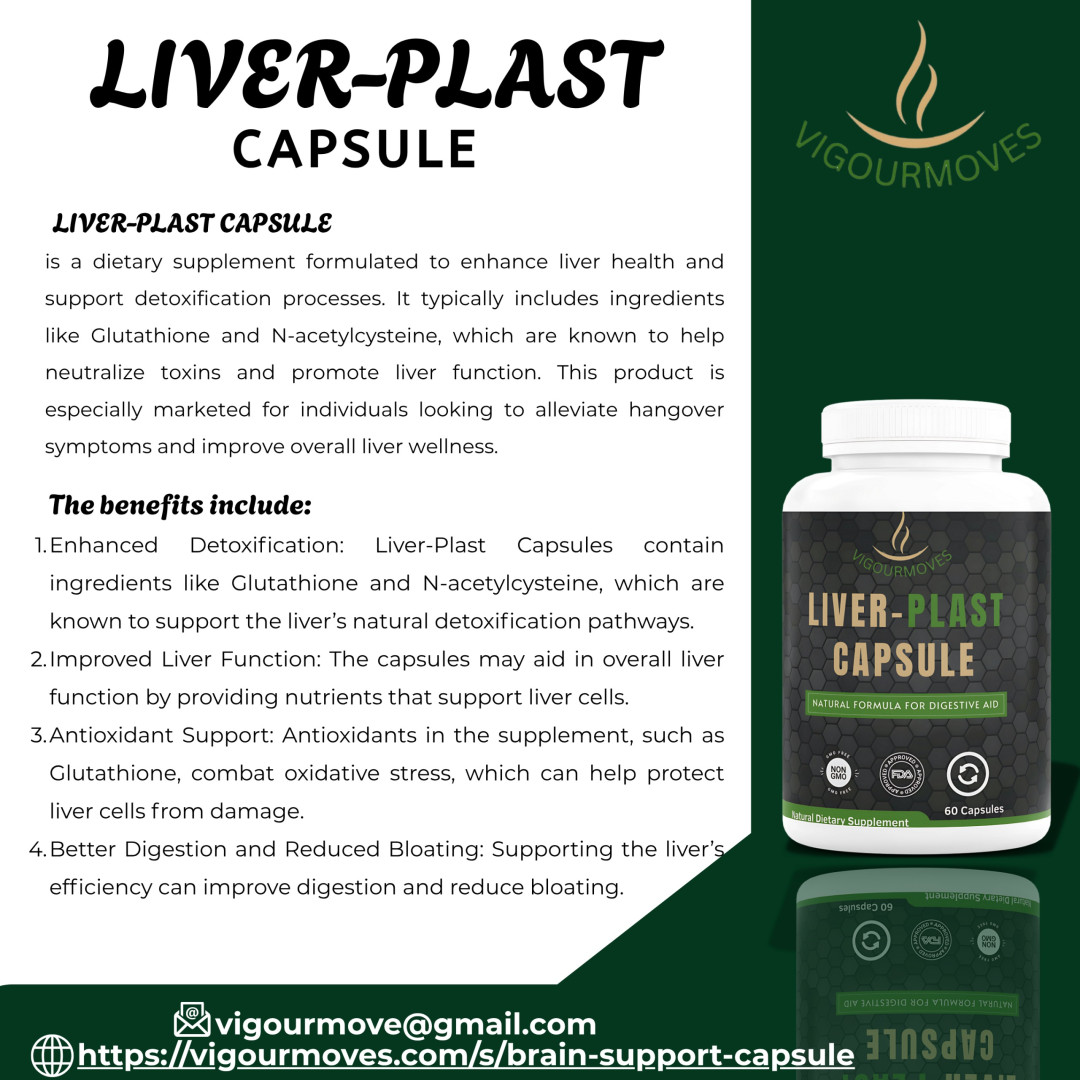"Is Your Liver Making You Fat? The Shocking Link Between Sugar, Your Liver, and Stubborn Weight Gain"

How Your Liver Manages the Flow of Sugar
Think of your liver not just as an organ, but as your body's most sophisticated blood sugar control center. It works 24/7 behind the scenes to ensure your brain and muscles have a constant, steady supply of energy. Let's break down how it works and why keeping it happy is crucial for your health.
The Sugar Traffic Controller: How Your Liver Manages the Flow
When you eat, carbohydrates from your food are broken down into a simple sugar called glucose. This glucose enters your bloodstream, causing your blood sugar levels to rise. This is your body's signal to the liver to spring into action.
It does this through two simple actions:
STORING Sugar (After you eat): When you have a meal, sugar from your food enters your blood. Your liver soaks up the extra sugar that your body doesn't need right away and stores it for later, like putting money in a savings account.
RELEASING Sugar (Between meals): When you haven't eaten for a while and your blood sugar gets low, your liver releases the stored sugar back into your blood. This gives your brain and muscles a constant supply of energy, preventing crashes.
Why This Matters for Your Health
This system works perfectly until we overload it.
When we eat too much sugar and refined carbs (like soda, candy, white bread, and pasta), the liver's storage space fills up. When it's full, the liver has no choice but to turn the extra sugar into fat, which starts to build up inside the liver itself.
This is called fatty liver disease. A fatty liver becomes less responsive to the signals that tell it to stop releasing sugar. This can lead to:
Energy crashes and sugar cravings
Weight gain, especially around the belly
** insulin resistance** and a higher risk of Type 2 diabetes
The Bottom Line
A happy liver means stable energy, fewer cravings, and better long-term health. You can support your liver by:
Choosing whole foods over processed snacks.
Limiting sugary drinks.
Eating plenty of fiber (found in veggies, fruits, and whole grains).
Moving your body with regular exercise.
By taking care of your liver, you're taking a major step for your overall health
Comments
Post a Comment